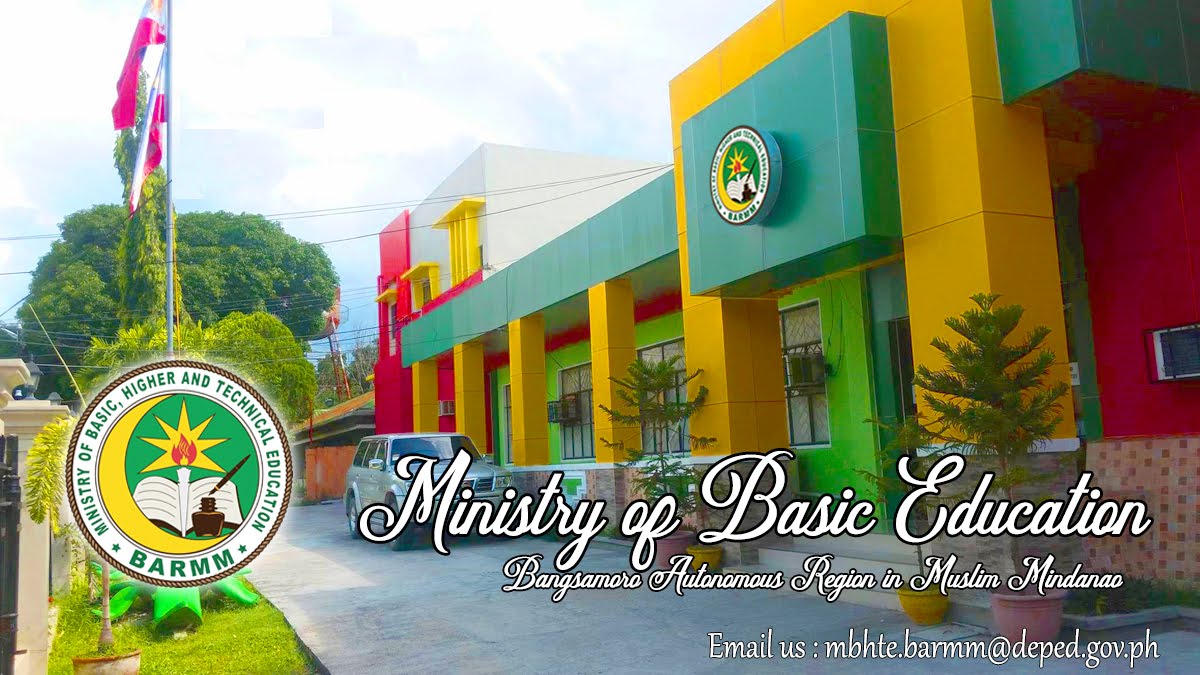Pursuant to ARMM EO 11, s. 2012, March 12 to 18 is Bangsamoro Week of Peace and Solidarity. The purpose of this week-long observance is to appreciate cultural diversity within a common religious belief as basis for unity and advocacy; provide avenue for expressions of peace and convergence of peace initiatives.
Nobel Peace laureate Jane Addams once said, "Peace is not just the absence of war, but the presence of social justice". We are now in the midst of a political peace process and the Lahad Datu incident. Both reiterate the need for peaceful resolution of conflict. It is easy to wage war and destroy everything. All is needed is a band of armed brigade and a militant idea. It perpetuate protracted and vicious cycle of violence. It is difficult to wage peace because everyone is needed to participate and contribute to the process. War is easy, but it leaves behind a trail of tears, blood and wasted lives. Peace is difficult, but it leaves behind a track full of hope, patience, and builds a better future.
Towards this better future, education plays a critical role. Following the UNESCO preamble, if war begins in the minds of men, then it is in the minds of men that the defenses of peace should be built. The molding of the minds of the next generation of Bangsamoro requires that they are not just functionally literate, but multi-literate. Literacy is a a dynamic and plural term. It is not just about reading and writing, it is also being literate about our own cultural diversity (cultural literacy) and Islamic unity (spiritual literacy).
Many thought that the future is yet to come. The truth is the future is already in our midst and they are in our classrooms. As we look at our school children, either in public and private school setting, we are not just looking at their innocence, we are looking at the future.
Beyond literacy, let us educate for peace. Let us utilize our classes and school grounds as laboratory for peace building at personal and social levels. Let us encourage our children to interact with kids other than from their own or those sharing their religious, linguistic and cultural backgrounds. Interaction promotes communication, and vice versa, and let us continue to train our children in the language of peace, respect and conviviality. We encourage and support the creativity and innovation of our administrators and teachers towards this end.
As we move into the future with the firm resolve for active non-violence and peaceful means. We take stock of and pay respect to the sacrifices of the past. Today, more than ever is the right time for peace. Whether institutional, social and personal level, peace is possible if we act on it.
Reference:
ARMM EO 11, s. 2012 - http://www.armm.gov.ph/wp-content/uploads/2012/06/Executive-Order-11-Series-of-2012.pdf
ARMM EO 11, s. 2012 - http://www.armm.gov.ph/wp-content/uploads/2012/06/Executive-Order-11-Series-of-2012.pdf
